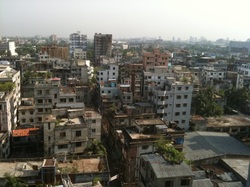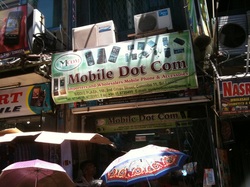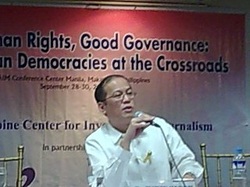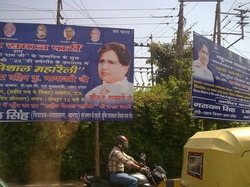 Dhaka, Bangladesh Dhaka, Bangladesh The “Youth, ICTs, and Political Engagement in Asia” project spanned over three years from 2009 to 2012 and officially closed on November 15, 2012. The five-country (Singapore, Malaysia, Philippines, India, Bangladesh) comparative study was funded by International Development Research Center, Canada through ideacorp, the Philippines, after a competitive review process. A grant of SGD 170,000 was utilized to conduct 143 in-depth interviews and 41 focus group discussions. About 35 researchers were recruited, trained, and organized to contribute to this project. The project has been presented as a panel at the 19th Asian Media Information and Communication (AMIC) conference and the 2012 conference of International Association of Media and Communication Research (IAMCR).  Colombo, Sri Lanka Colombo, Sri Lanka We have completed an administrative report on this three-year journey we have taken part in. The process has been anything but comfortable, expected, or business as usual. We took great pain in detailedly documenting this process and hope that our experience would add into the practical wisdom about working in this region. For example, one sad loss is that we were unable to sustain a research partnership in Sri Lanka, a country that I set my own feet in and has inspired me tremendously. Although this administrative report would not be counted in any research institutes as academic publications, it nevertheless provides a rare account of doing research in developing countries and its various challenges. If you are wondering how tough a researcher's job could be, please click here.  Noynoy Aquino Noynoy Aquino When the project started, Noynoy was still the son of Corazon and had little interest in contesting for the president. He was still free enough to participate in the anniversory event held by one of our Philippine partners. One blogger journalist asked a question about his hairstyle and he was not annoyed at all. Now the then fresh face in the Philippines politics became the 15th President. It is hard not to think that the young activists we have interviewed would become someone important enough to reset the trend and open up a new era of Asian history. One of our responsibilities is to articulate such potential based on what young activists themselves have told us and envisioned their future. Our Filipino collaborator, Dr. Clarissa David and I co-authored a short piece on the significant trends of digital activism among Asian youth and presented the findings at the CeDem Asia conference held in Singapore last year. Our presentation slides can be viewed here. The short reflection is now available online here.  Delhi, India Delhi, India Last but not the least, our academic outputs are forthcoming as a special issue in International Communication Gazette. Each of the five countries produced a focused paper on the most salient aspects of youth activism through ICTs found in their country. You will expect to see them out in March/April this year. But we have done much more than the five papers. Each of the five countries also compiled a background report of the very basic information of the country, including youth population, ICT penetration rates, participation policies, media policies, youth policies, development of new media, and political culture and climate. These reports can be found here.
0 Comments
Your comment will be posted after it is approved.
Leave a Reply. |
Weiyu Zhang
I am an Associate Professor at Department of Communication and New Media, National University of Singapore. Categories
All
Archives
January 2019
|
 RSS Feed
RSS Feed
